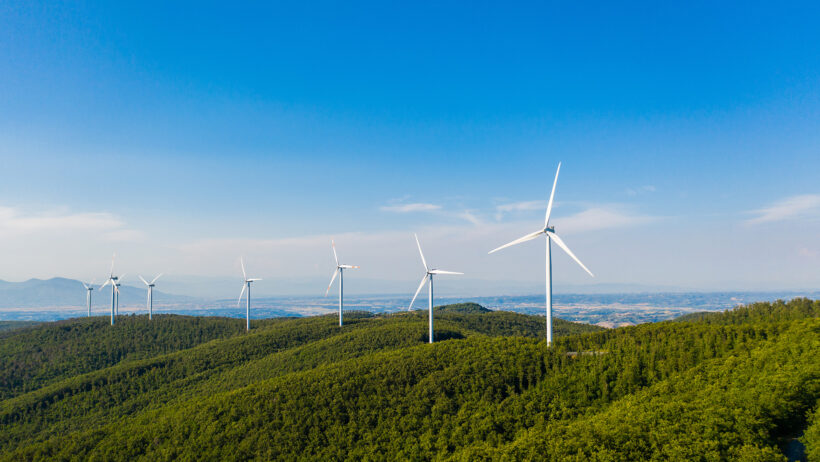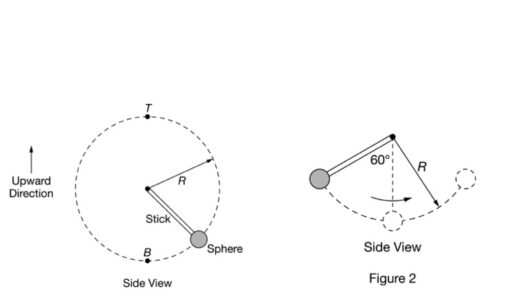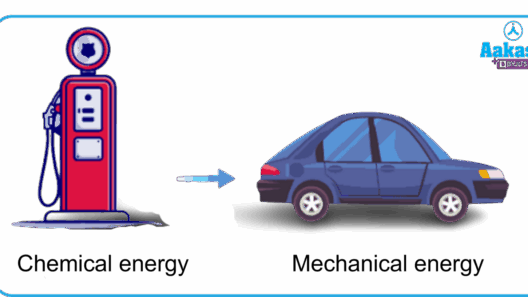In recent years, the conversation surrounding renewable energy has garnered heightened attention, intertwining it with various facets of environmental sustainability. As concerns about climate change become increasingly pervasive, society finds itself captivated by the potential of renewable energy sources. The allure stems not solely from their eco-friendly nature but also from the far-reaching implications they hold for the future of our planet.
At its core, renewable energy refers to energy derived from resources that are naturally replenished. Solar, wind, hydro, geothermal, and biomass are prominent examples. Each of these sources offers a distinctive mechanism of harnessing energy, thus contributing uniquely to reducing reliance on fossil fuels. The common observation among environmentally conscious individuals is that embracing renewable energy is a monumental shift towards sustaining the Earth’s fragile ecosystems.
The environmental ramifications of transitioning to renewable energy cannot be overstated. Traditional energy production — largely dependent on fossil fuels such as coal, oil, and natural gas — is the primary contributor to greenhouse gas emissions, which result in global warming. The pervasive reliance on these non-renewable resources has led to a plethora of detrimental effects: extreme weather events, habitat destruction, and biodiversity loss are just a few consequences tied to this relentless pursuit of energy. The fascination with renewable energy lies in its potential to reverse these adversities.
Solar power, for instance, exemplifies innovation in energy generation. With solar panels capturing sunlight, this resource reduces carbon footprints and lowers electricity bills. The elegance of photovoltaic cells lies in their ability to transform sunlight into usable energy without emitting harmful gases. Moreover, the scalability of solar technology, from individual households to vast solar farms, enhances its appeal across different economies, making it accessible to both affluent and developing nations.
Wind energy is another remarkable manifestation of moving towards sustainability. With majestic wind turbines dotting landscapes, harnessing the power of the wind has proven to be an efficient method of generating electricity. Wind farms can be built onshore or offshore, mitigating space concerns while maximizing energy output. Moreover, advancements in turbine technology have dramatically increased energy efficiency, allowing wind to play an increasingly pivotal role in our energy mix. Such innovative approaches are not merely technical achievements; they embody a broader societal commitment to combating climate change.
Hydropower, the oldest form of renewable energy, operates by converting the energy of flowing water into electricity. While it’s a reliable and established source of energy, hydropower also raises discussions about ecological impacts, especially concerning aquatic ecosystems. Dams and water diversion can disrupt natural habitats, leading to shifts in local biodiversity. Thus, the fascinating duality of hydropower urges a closer examination; it challenges us to balance energy needs with ecological preservation. A sustainable approach, such as small-scale or run-of-the-river hydro systems, can minimize environmental disruption while capitalizing on the resource’s potential.
Geothermal energy offers yet another dimension to the renewable energy spectrum. By harnessing the Earth’s internal heat, geothermal plants provide a stable and reliable energy source. This constant availability renders geothermal energy particularly advantageous, particularly in locations with suitable geological conditions. The fascinating aspect of geothermal energy lies in its potential for geothermal heat pumps in residential applications, promoting energy efficiency not only for heating but also for cooling systems, bridging the gap between comfort and sustainability.
The paradigm shift towards renewable energy is not merely a technical evolution; it is also a cultural and social transformation. Communities transitioning to renewable energy sources often experience socio-economic benefits, including job creation in new energy sectors. As the clean energy economy burgeons, it fosters industries that prioritize sustainability, which in turn promotes ecological stewardship. The interconnection between energy policies and social equity further deepens this fascination, as equitable access to renewable resources remains a crucial element in ensuring balanced opportunities for all communities.
Moreover, renewable energy initiatives can stimulate innovation and technological advancements, driving research in energy storage solutions. As renewable sources like solar and wind can be intermittent, the development of efficient battery technologies plays a crucial role in ensuring energy reliability. This innovation challenges existing paradigms, encouraging a rethinking of how energy is consumed, stored, and distributed. The potential for breakthroughs in energy storage could transition us into a future characterized by energy independence and resilience.
Despite its myriad benefits, the transition to renewable energy faces adversities that must be acknowledged. Investment costs, political will, and public awareness are pivotal factors that can either facilitate or hinder progress. The intricate interrelations between energy production, regulatory frameworks, and market dynamics significantly influence the pace at which society adopts renewables. Nevertheless, the trending optimism surrounding renewable energy signifies a shift in collective consciousness towards better practices and sustainability.
Finally, as we stand at the precipice of potential environmental collapse, moving forth with renewable energy represents not just an opportunity but an imperative. The profound fascination with renewable energy is deeply rooted in its promise to mitigate climate change while fostering a sustainable future. Indeed, the commitment to renewables reflects an acknowledgment of our responsibility to the planet and society alike, intertwining our fates in an intricate narrative of resilience and innovation.
Advancing toward a future powered by renewable energy necessitates a concerted effort at all levels—individuals, communities, and nations. Each step taken towards leveraging these resources reinforces the notion that progress is not only possible but also achievable. In the grand tapestry of climate action, renewable energy lies at the nexus of technological advancement and environmental conservation, illustrating an indelible path forward.







